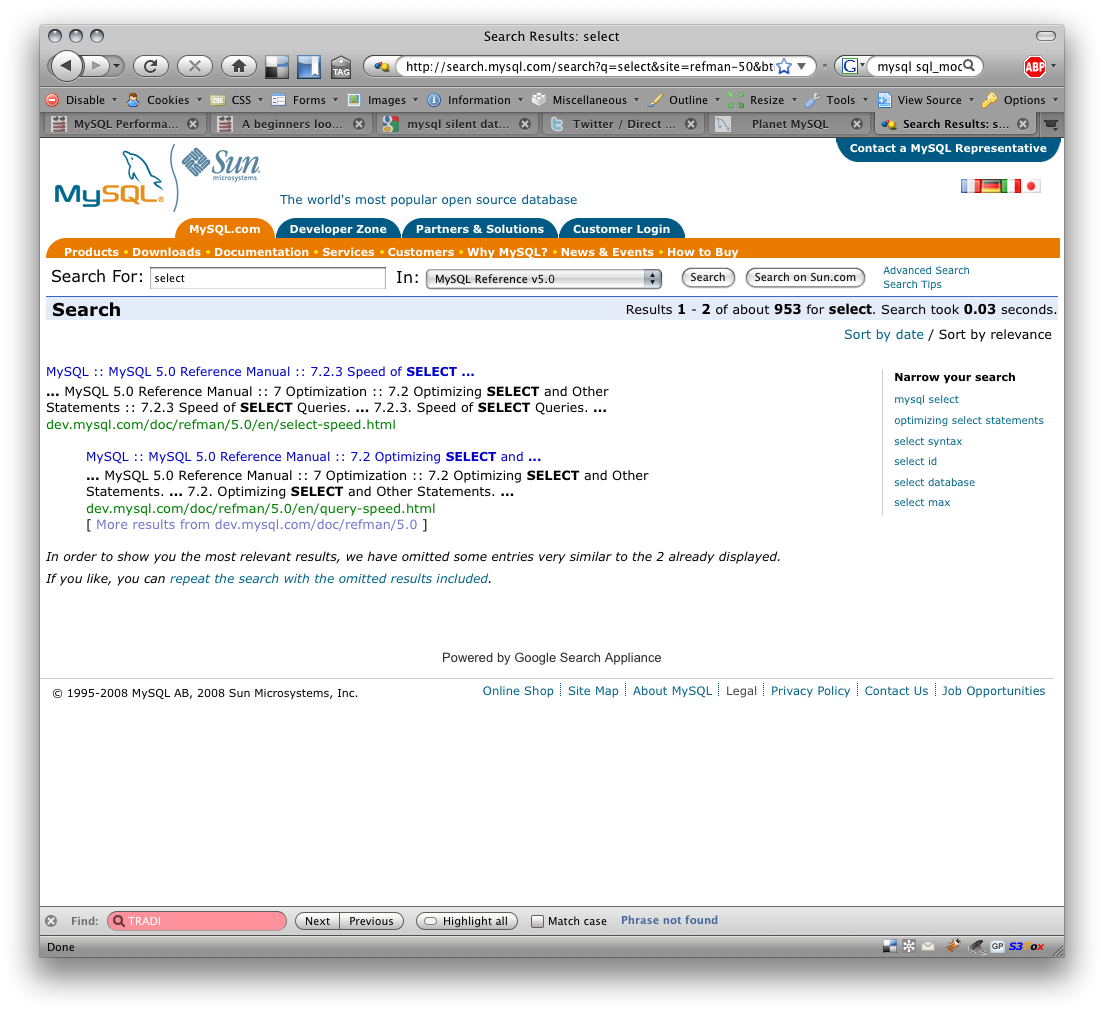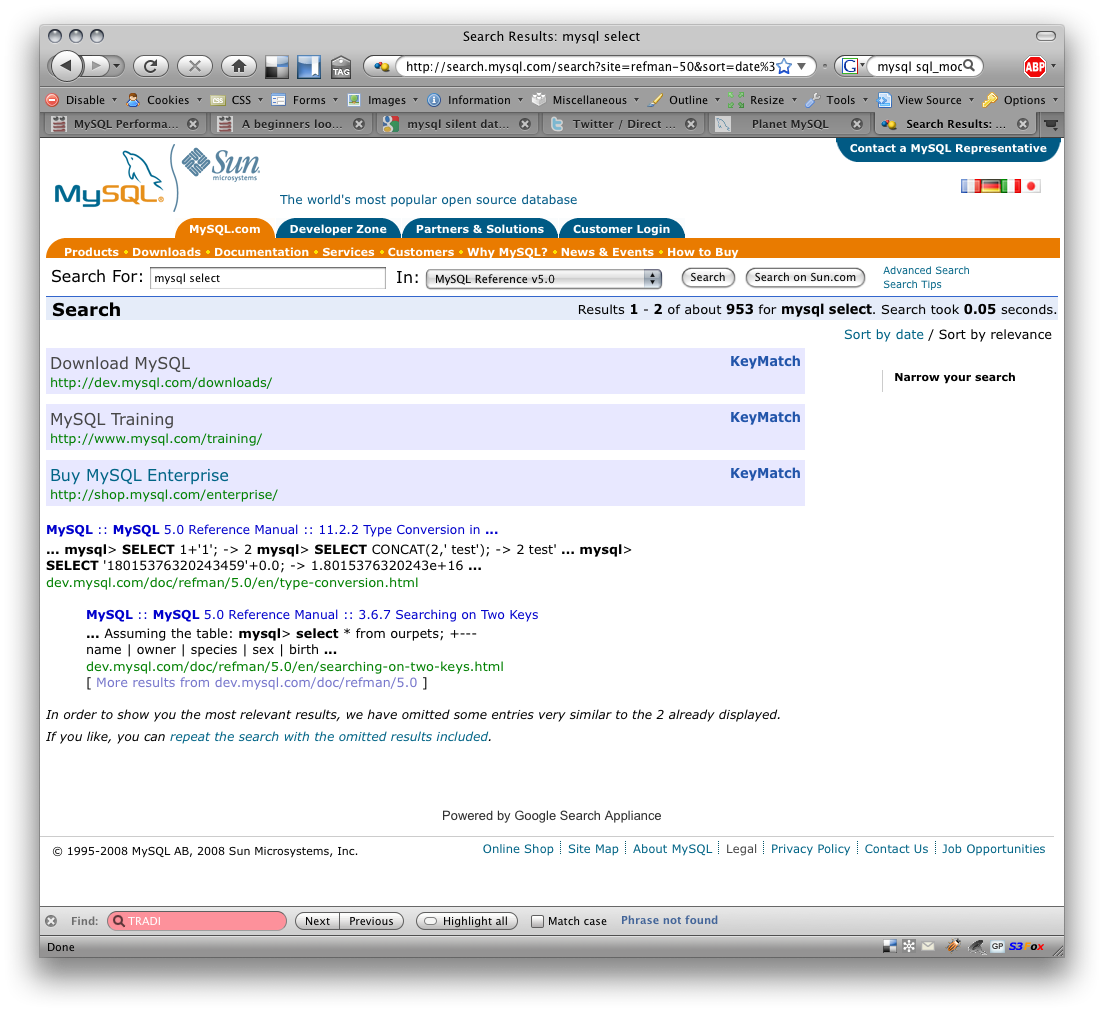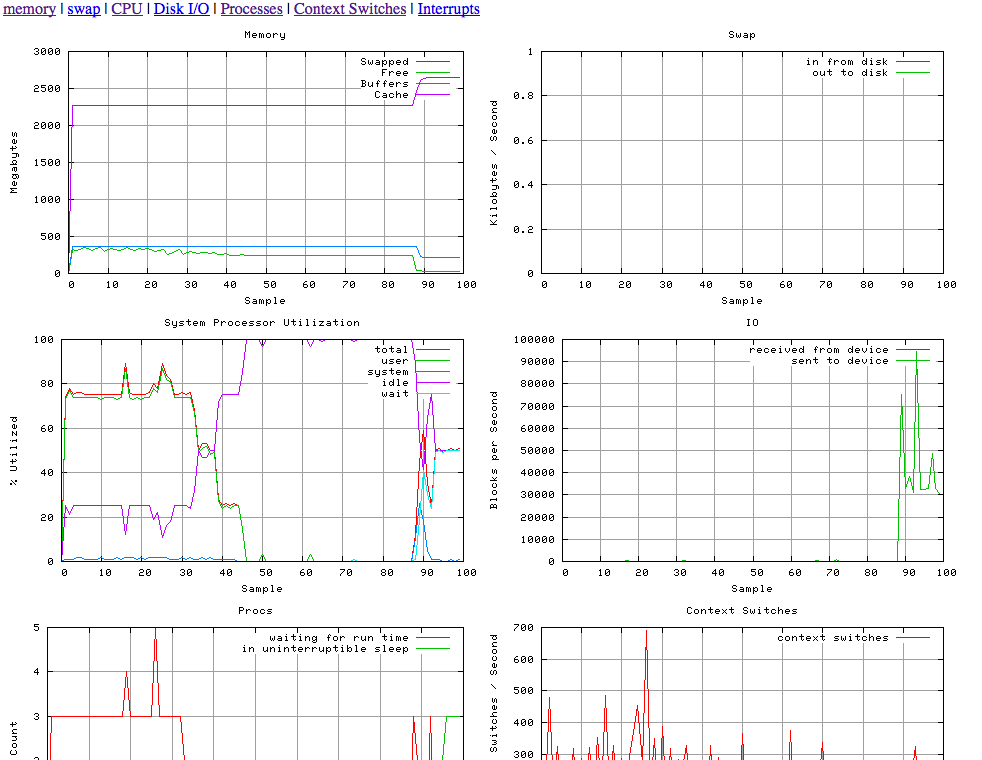This weeks’ announcement Oracle to by Sun was a major talking point at the 2009 MySQL Conference & Expo. While it is too early to even speculate what the future holds with the official MySQL product, for myself a speaker on MySQL topics, Oracle Open World is now a target market.
In addition to many years of providing MySQL for the Oracle DBA Resources I have with the recent closure of call for papers submitted two sessions for consideration.
Integrating MySQL into your Oracle DBA management processes
Most large enterprise organizations use more then one RDBMS product to service business requirements. With the increase in MySQL usage for web based applications such as self-service content, Oracle DBA’s need to understand and appreciate the minimum to ensure performance and availability meets client expectations.
Just how to you integrate MySQL into existing and existing Oracle database infrastructure and management monitoring process?
What are the critical monitoring components? How do these compare to current Oracle Best Practices.
Understand the various end user tools support multiple RDBMS products including Oracle and MySQL.
In this session, DBA’s will leave with the essential knowledge and appreciation of MySQL management.
An overview for evaluating migrating from Oracle to MySQL
MySQL is becoming increasing popular RDBMS for web based applications due to it’s ease of use, availability within the the LAMP stack and large number of open source applications. While implementing MySQL for a new development project may be easy, migrating existing databases, data and applications to use MySQL is not. In this presentation, we will answer questions including:
What are the major challenges to overcome to consider MySQL for some portion of your business?
What are the issues in application portability?
What are ideal applications to consider for migration?
Tools, Products and options for easy migration?
What Oracle features are not supported?
Learn how to read and write to MySQL directly via Oracle Heterogeneous services.



 Percona is a major player in providing services to the MySQL eco-system, the failure to include Percona speakers such as
Percona is a major player in providing services to the MySQL eco-system, the failure to include Percona speakers such as 
